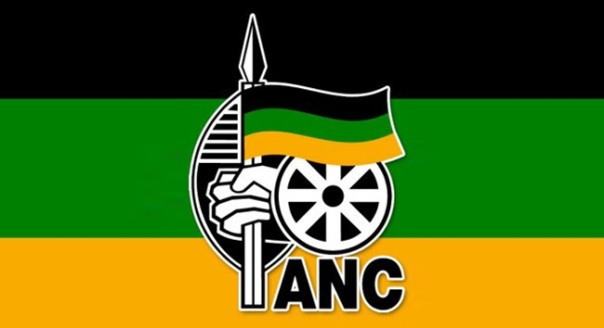The sudden emphasis and reinforcement of the Freedom Charter is a mere socio-political and economic realization that the ruling party has been pursuing neo-liberal policies that are not aligned with the basic tenets of the Freedom Charter.
The ANC has realized that it might be caught on the wrong side of history when the people reflect back into the advocators of their globally comparable standard of living. It has dawned that they have been reinforcing neo-colonial structures in post independent Africa. It became clearer to the them that the outcry from the black disadvantaged is valid and cannot be ignored any longer.
Despite this, the ANC is honestly responding to the Economic Freedom Fighters (EFF) radical stances on eradicating poverty, reducing the unemployment rate and fighting crime fastidiously.
A political lie and opportunism has been part of the ANC at times of desperation. Dedicating the new year as the period of the Freedom Charter is distinctly perceptible to anyone who closely examines the political landscape of our country that the ruling party is vigorously challenging the EFF.
It is without a doubt that the ANC inherited a reeling economy after the global economy imposed sanctions against the Nationalist led government in the 80s. The South African economy of the day had major structural flaws that needed carefully thought economic policies to counter and normalize the economy into a fluctuating mainstream global participant.
With that in mind, the ANC then devised the Growth, Employment and Redistribution policy. GEAR was introduced in 1996 with the aim of addressing the socio-economic challenges of the present day. It was necessary for the ruling party to act immediately in order to avoid a stagnant economy.
However, they should have used the Freedom Charter as their main guide to any policy aimed at addressing areas that suffered stagnation. The Freedom Charter was used as a rhetoric to be intact with the forces that had driven the struggle. Conversely, GEAR, as a macro-economic policy, contained a firm and central principle that gave a path of the South African economy. The policy was aimed at integrating the developing economy into the global community with assumptions that exports will pull up the economy rapidly and thereof balancing the inequalities that existed.
Gear, to a certain extent, achieved applaudable results but it also made the South Africa economy vulnerable to global twist and turns. The government then decided to introduce the Accelerated and Shared Growth Initiative of South Africa (Asgisa) to enhance the government’s capacity to implement policies.
The saddening reality is that when these policies and plans were devised, there was not mention of the Freedom Charter or any close alignment.
The Polokwane camp also added its plan into the neo-liberal policies that have been tried before and could not yield the desired results. The National Development Plan (NDP) is another plan does not take the fundamental clauses of the Freedom Charter. It is a plan that will continue to reinforce the capitalist machine pattern which will perpetuate racial under-development and inequalities.
Reclaiming the Freedom Charter would mean that the ANC will have to go back to the drawing board and perform serious paradigm shift that fit into the statute of the Freedom Charter.
They are taking chances.
By Ndumiso Mbeki Jr Maseko

Molo bhuti, thank you for the great work and pushing the African agenda. Have been reflecting much on the African leadership agenda. Wanted to share my latest piece which connects with a lot of what you said above
From roots to leaves: Future South African leadership
https://wchalklen.wordpress.com/2015/05/24/from-roots-to-leaves-future-leadership-in-south-africa/
UHURU!
LikeLike